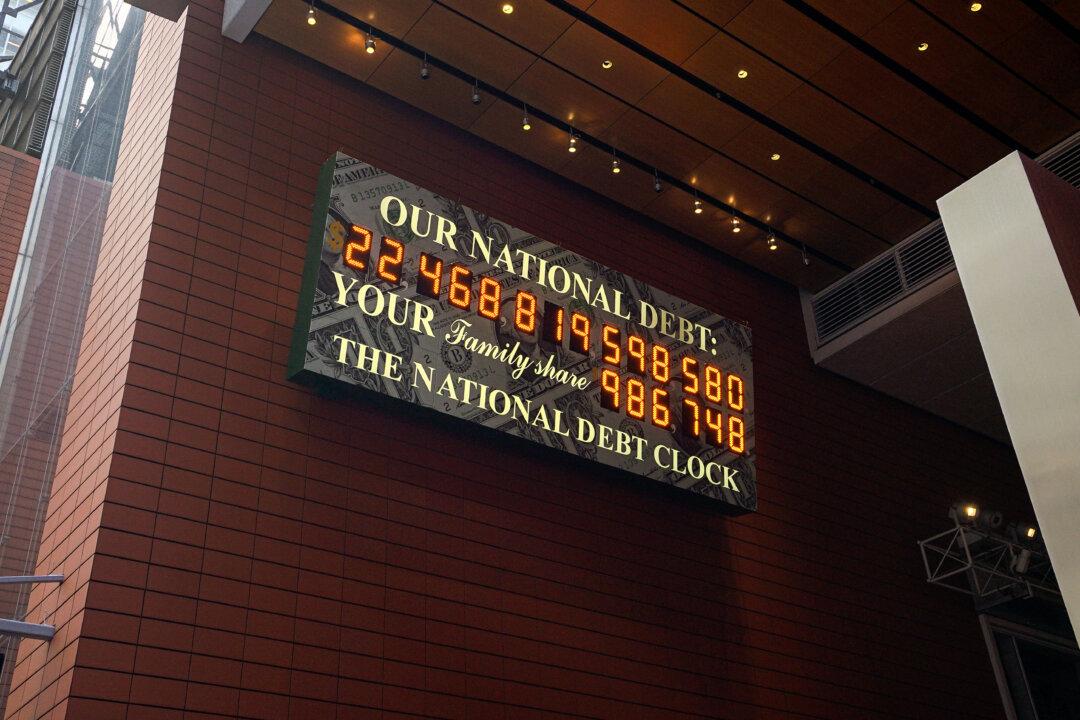When Congress enacted the $2.2 trillion Coronavirus Aid, Relief, and Economic Security (CARES) Act, numerous experts warned that inflation always follows when government dumps massive amounts of new money into the economy.
Typical of such warnings was the April 23 Wall Street Journal op-ed headlined, “Get Ready for the Return of Inflation,” in which economist Tim Congdon called the CARES measure an “over-reaction” that ensures America will “soon see an inflation boom.”





